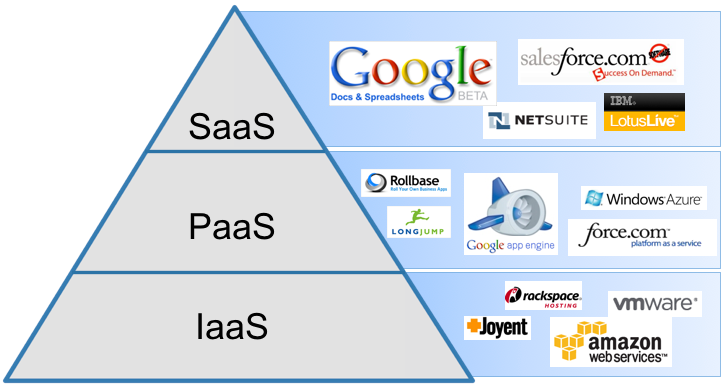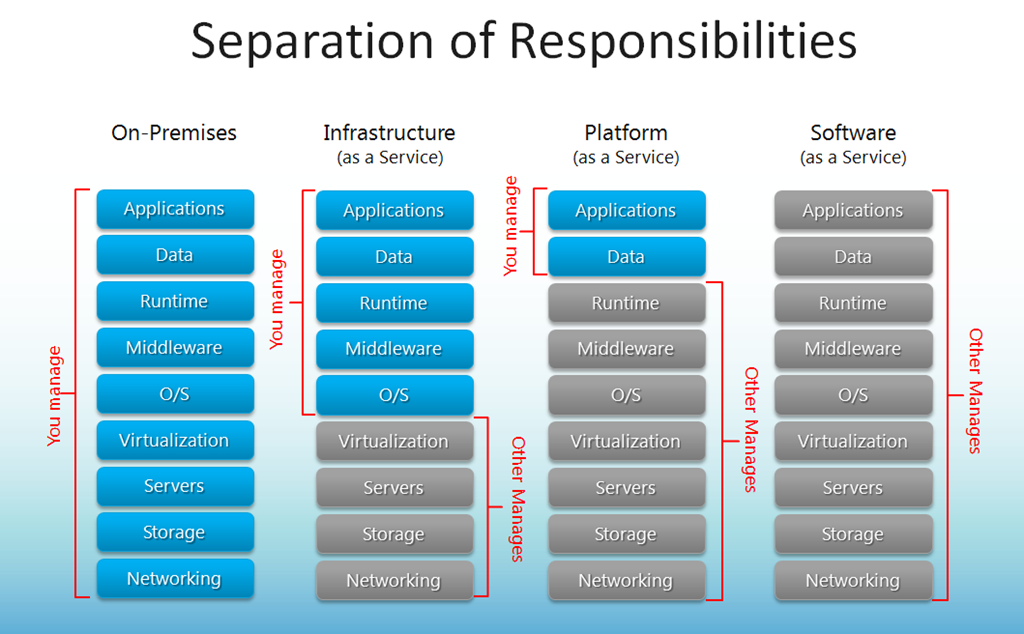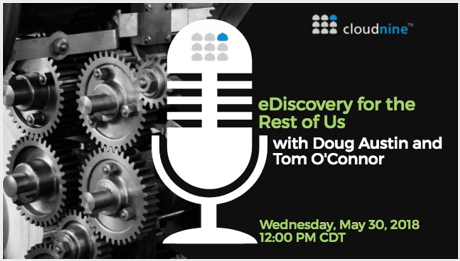Firm IT Director Predicts “Carnage” in Legal Tech Consolidation: eDiscovery Trends
Not since Clubber Lang predicted “pain” in Rocky III has the state of legal tech consolidation been stated quite this way. Is that good news or bad news for consumers of legal tech software and services?
As reported in Legaltech News (Consolidation is Inevitable in Legal Tech, Says Firm IT Director, written by Simon Lock), major consolidation within the legal tech market is unavoidable, according to the director of IT at international law firm Osborne Clarke. That’s probably because it’s already happening as we speak… ;o)
Speaking at Legal Week’s Strategic Technology Forum, Europe in Spain, Nathan Hayes said that the most successful legal tech ventures would not come out of one specific institution but instead via amalgamations and joint ventures between traditional law firms, accountants and legal tech firms.
“It’s not going to be one of those, it’s going to be a merging of them,” Hayes argued.
“We’re already beginning to see law firms buying up legal tech companies; law firms partnering with academia and legal tech, having stakes in them, investing in them,” he said. “I think we’re going to see different entities evolving rather than these siloed organisations.”
“We’re in a situation where we’ve just seen a massive explosion in legal tech which is great,” said Hayes.
“The carnage that will ensue though, there’s going to be a lot of consolidation, which is going to be incredibly helpful for people like me.”
Yes, he actually referred to it as “carnage”.
Stephanie Hamon, the former managing director and head of external engagement at Barclays, also expected greater collaboration to follow.
“The market is highly fragmented, so when you’re on the client side, you get solicitation all the time and it’s really hard to see the wood from the tree,” she said.
“It’s true for the law firms, and it’s even worse for legal tech.”
Also this week, Rob Robinson posted the eDiscovery Mergers, Acquisitions, and Investments in Q2 2019 on his excellent Complex Discovery blog. Rob notes that there “have been at least 12 M&A+I events in the eDiscovery ecosystem during Q2 2019”. That’s the second most in Q2 in the last five years – only last year with 15 events had more. That’s after this Q1 had the most events in the past five years for Q1 with 15 events and last year’s Q1 was the second most with 14 events. So, if that doesn’t show that the pace of M&A+I events is accelerating, I don’t know what does. “I pity the fool” who doesn’t see that! ;o)
So, what do you think? Do you predict “carnage” in the consolidation of legal tech companies? As always, please share any comments you might have or if you’d like to know more about a particular topic.
Image Copyright © United Artists

Sponsor: This blog is sponsored by CloudNine, which is a data and legal discovery technology company with proven expertise in simplifying and automating the discovery of data for audits, investigations, and litigation. Used by legal and business customers worldwide including more than 50 of the top 250 Am Law firms and many of the world’s leading corporations, CloudNine’s eDiscovery automation software and services help customers gain insight and intelligence on electronic data.
Disclaimer: The views represented herein are exclusively the views of the author, and do not necessarily represent the views held by CloudNine. eDiscovery Daily is made available by CloudNine solely for educational purposes to provide general information about general eDiscovery principles and not to provide specific legal advice applicable to any particular circumstance. eDiscovery Daily should not be used as a substitute for competent legal advice from a lawyer you have retained and who has agreed to represent you.










